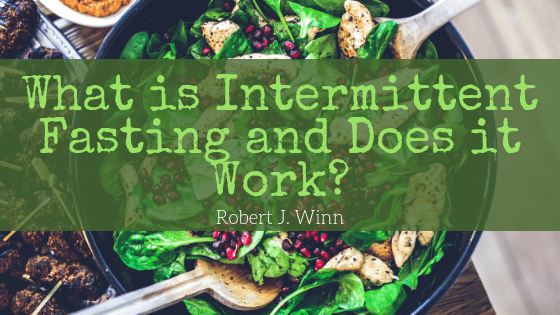Intermittent fasting is a new dieting trend that has everyone talking. What exactly is it – and is it an effective way to lose weight?
Intermittent fasting involves a window of time when you’re allowed to eat and a window of time where you aren’t allowed to eat. There are a few different ways that this can be done. 12:12 is the perfect format for people who are just starting with the diet. You can eat for 12 hours a day and fast for the other 12. On this schedule, you can still eat three regularly scheduled meals but cut out on those late night snacks.
16:8 is maybe the most popular form of fasting. You can eat for eight hours of the day and fast for the other 16. You can fit the eight-hour time frame around your schedule. If you’re not a morning eater, you can do noon to 8 p.m. If you’re someone who needs breakfast, try eating 8 a.m. to 4 p.m.
Another format is 5:2, where twice a week, on non-consecutive days, you restrict your eating to 500 calories. On these days, you can eat three small meals or just two larger ones. One the five remaining days of the week, you eat as you usually would.
During your non-fasting windows, you can technically eat whatever you’d like, even pizza and ice cream. However, you’ll notice the best results if you focus on eating healthy, whole foods. Eat plenty of lean proteins, fresh fruit and vegetables, and healthy fats. Also, make sure to be eating until satiation, so you feel satisfied during the fasting period.
At the beginning of this diet, you’ll feel hungry and miserable as your body is used to eating on a consistent schedule. But, after the first week or two, as your body gets used to the schedule, your mind will feel more clear, you likely will be more energetic and actually feel less hungry. Drinking plenty of water throughout your day and on your fasting days will help the adjustment period feel easier and prevent headaches.
Most people start the IF diet because they’re looking to lose weight. Not eating for extended periods of time means you’re consuming fewer calories, which helps you lose weight. It also helps to improve your digestion and decrease bloating. In addition to the health benefits, it also helps you to overcome food addiction and sugar cravings. Many people who try the diet find themselves feeling less hungry throughout the day, and thoughts about food have decreased as well.

